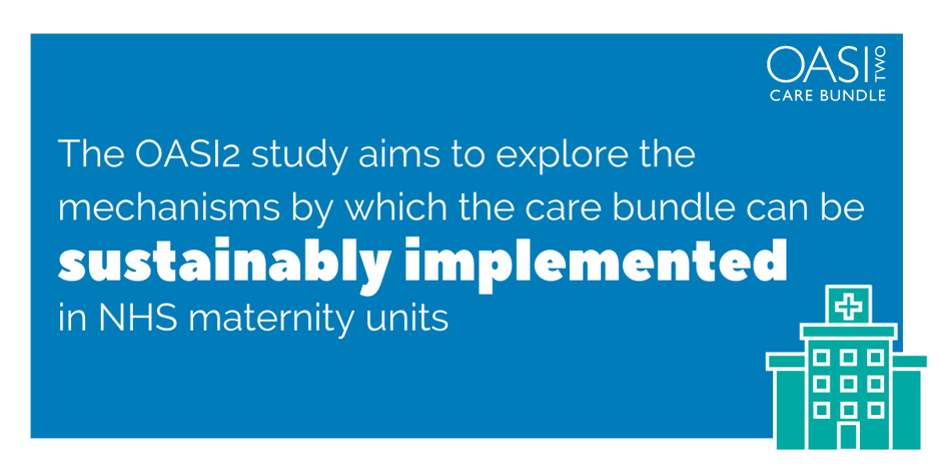A study aimed at better prevention of the severe trauma that women can experience during childbirth is being supported through Walsall Healthcare NHS Trust and its maternity team.
The OASI2 research project (Obstetric Anal Sphincter Injury) is being led in Walsall by Consultant Mrs Preeti Jain in conjunction with Team FORCE (Faculty of Research and Clinical Education).
The research project focuses on the best ways to implement best practice in NHS trusts and follows the OASI Care Bundle Project that was rolled out between 2017 and 2018 in 16 maternity units in England, Scotland and Wales.
The project was led by the Royal College of Obstetricians and Gynaecologists (RCOG) and the Royal College of Midwives (RCM), and was undertaken in response to evidence of rising rates of obstetric anal sphincter injuries (OASI) in England.
The care bundle consisted of four evidence-based interventions that were likely to result in better outcomes when used together than when used on their own.
The project team created an implementation guide to accompany the care bundle, alongside a multidisciplinary skills development module for health care professionals and campaign materials.
The project team analysed 55,060 births across the 16 participating maternity units during the study, and found that use of the care bundle led to an overall decrease in OASI rates from 3.3% to 3.0% which, when adjusting for women’s characteristics and time factors, amounted to a 20% reduction in women’s risk of sustaining an OASI.
Furthermore, use of the care bundle was shown to have no effect on episiotomy and caesarean section rates.
Walsall Healthcare is launching the new OASI (Obstetric Anal Sphincter Injury) Care Bundle tomorrow, Tuesday 2 November, in its Delivery Suite from 10am. This looks at what can be done to reduce the risk of such an event and will help prompt discussions between mums-to-be and clinicians about what interventions may be used.
More information can be found at www.rcog.org.uk/oasi2

